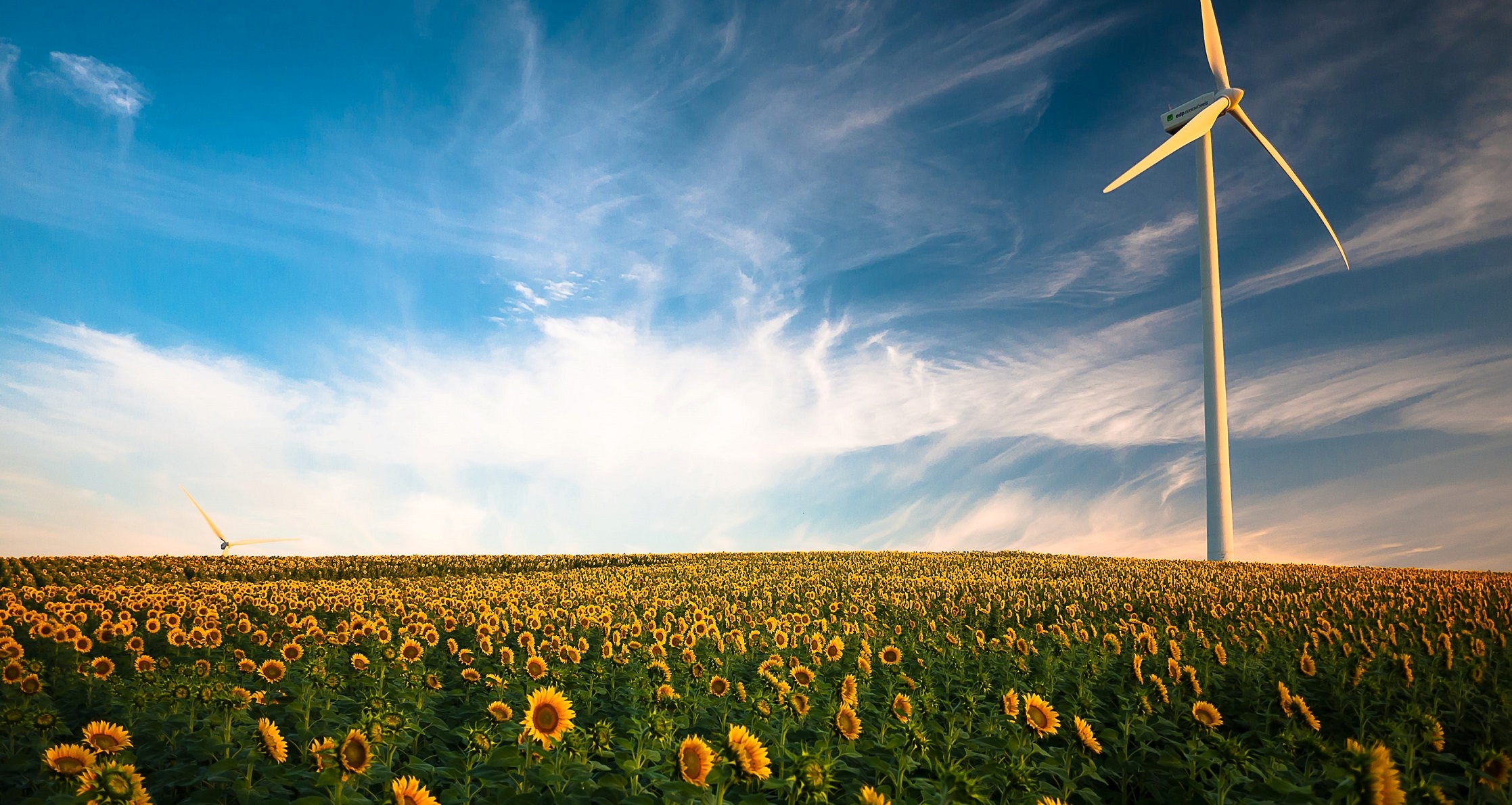
30 Sep 2021 / Market
Since the abolition of its controversial 'sun tax' in 2018, Spain has been opening up to new energy business models that benefit its people and the adoption of renewable energies. Digitalization, a tariff structure change in summer 2021 and regulatory changes, including the transposition of EU directives for Renewable Energy Communities and Citizen Energy Communities, are successfully preparing the Spanish energy market for national climate-neutrality by 2050.
In this blog, we look at business opportunities in the Spanish energy transition and what other European countries and future-oriented companies can learn from Spain.
Smart meter installations and their role in the introduction of smart tariffs
Spain has been a trailblazer for smart meter installations. The country reached a 100% rollout at the end of 2018 following a government mandate from 2006 (Royal Decree 1634/2006) prescribing meter substitutions for consumers of less than 15 kW electricity.
The Spanish roll-out employed interoperable and manufacturer-independent smart meters that include a variety of automated functionalities enabling the creation of individualized user consumption profiles. These are an important prerequisite for harnessing the potential of smart renewable energy tariffs including solutions for e-mobility, time-of-use tariffs and flexibility trading services.
Renewable energy deployment and regulation enable future-oriented business models
Between 2010 and 2020, the share of renewables in the national electricity mix grew from 33% to 44%. The goal for 2050 is 100% renewable energy in the electricity mix. While Spain's total energy mix is still heavily dominated by fossil fuels, an IEA report from May 2021 attests that Spain is making good progress towards its interim 2030 targets.
Spain's National Integrated Energy and Climate Plan implemented in 2021 supports the continued expansion of renewable energy on a mass scale. Several draft Royal Decrees outline specific regulatory measures regarding renewable energy feed-in, as well as access and connection to the transmission and distribution networks. This focus on renewables is mirrored in measures adopted to boost economic recovery post-Covid. Widespread industry shutdowns during the pandemic, which diminished energy demand and impacted fossil fuel consumption, opened opportunities to phase out subsidies for fossil fuel infrastructure.
Spain has also made good progress transposing EU directives on prosumers, energy communities and the collective self-consumption of green energy. It is one of a few countries that allow the use of the public grid for collective self-consumption.
This progress makes Spain the ideal country for building prosumer communities and green electricity concepts for municipalities, cooperatives, build-to-rent schemes, shopping centers as well as small commercial and industrial areas.
These new business models offer an opportunity for project developers to enhance the attractiveness and return on investment for small and medium-sized renewable plants. Hardware manufacturers can build closer connections with customers, develop life-long relationships and revenue streams, and expand their market share. End-customers get to maximize the value of their investment in green energy hardware, such as PV, HVAC, batteries and EVs.
These assets can also be employed to provide grid stability, a challenge arising from intermittent renewable energy production. Aggregating small-scale flexible assets, connecting them to storage and deploying the energy when needed, turns them into commercial value while supporting grid stability.
The impact of e-mobility on the energy market
With Spain being the second largest car manufacturer in Europe, the announcement by the Spanish Government, Volkswagen Group and SEAT in March 2021 to transform the country into an e-mobility hub was noteworthy.
Spain plans to invest in the national production of electric vehicles and batteries as well as charging infrastructure. The country also incentivizes buying EVs through purchase premiums and several cities have restrictions in place to disincentivize the use of combustion engine vehicles running on fossil fuels. By 2025 Spain wants 250,000 EVs on its roads. In 2020, only around 20,000 were registered, with that having been a significant increase on previous years.
The increase of EVs and other assets running on electricity, in combination with the transformation from a centralized fossil fuel-based energy system to decentralized, distributed renewable energy generation, will mean an explosion in data for electricity production, consumption and storage that need to be captured, monitored, managed and used to deliver value.
Existing legacy systems were designed for one-directional operations and struggle with handling this amount of data efficiently and cost-effectively. Digital platforms, however, offer an adaptable solution that meets the growing and diversifying energy needs of a zero-carbon future.
Applying expertise to new markets
Building on a scalable energy as a service platform enables existing utilities and new energy market entrants to deliver smart tariffs and build energy concepts for a zero-carbon future now. Spain's efforts lead the way in terms of regulatory support for business concepts that enable the energy transition to unfold successfully.
Germany once pioneered renewable energy and Lumenaza was born in the same spirit of innovation. For nearly ten years, we have developed profitable business concepts based on the idea that we should connect producers and consumers of renewable energy directly. We hope that the newly elected government will take bold yet absolutely necessary steps to ensure that viable solutions for green distributed energy can once again thrive. At the same time, we're excited to take our experience in the German market to Spain and other European countries.
Connect with us on LinkedIn to follow our growth in Spain. Get in touch, if you'd like to explore the potential of green distributed energy for your business.